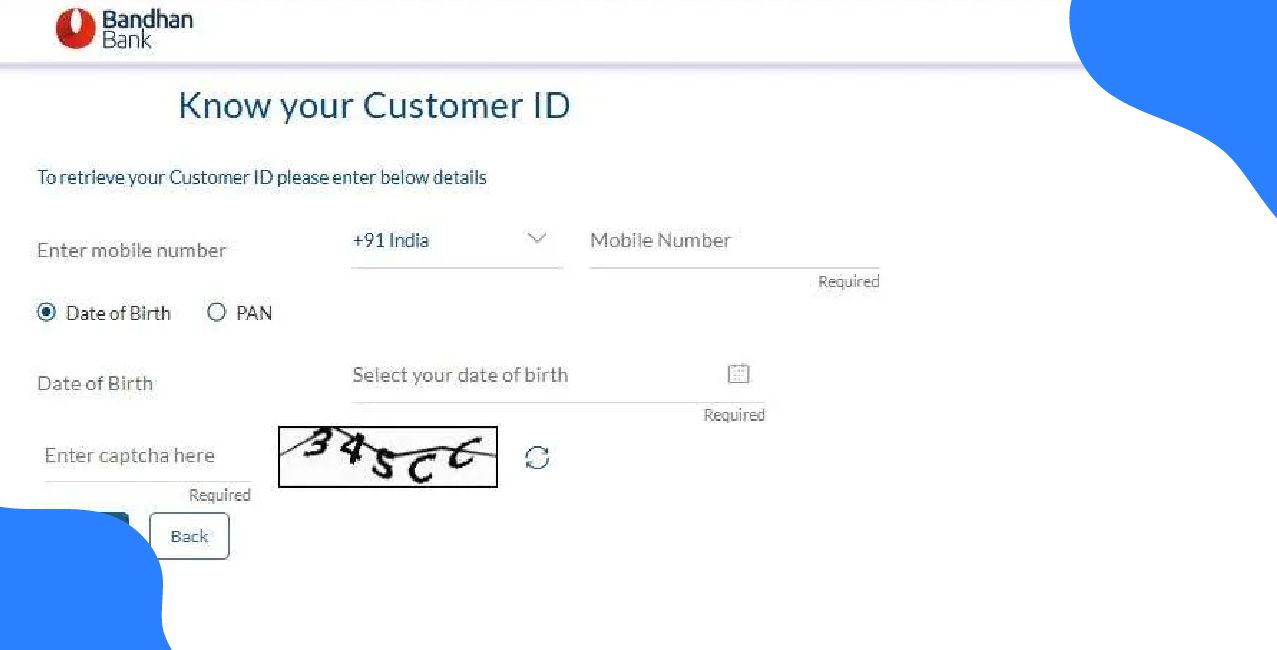What is an Accounting Concept? Meaning & Key Principles

Check Your Loan Eligibility Now
By continuing, you agree to LoansJagat's Credit Report Terms of Use, Terms and Conditions, Privacy Policy, and authorize contact via Call, SMS, Email, or WhatsApp
Accounting is more than simply numbers; it's about how a company conveys its financial narrative. Every story requires organisation and clarity. Accounting concepts are the standards that ensure the interpretation and comparability of financial statements.
Consider Aman, a 24-year-old entrepreneur from Mumbai. In six months, he built his digital marketing agency from ₹2,00,000 to ₹1,20,000 in monthly income. But at year-end, he was perplexed – should he report ₹30,000 unpaid by a client? Should he include his personal laptop worth ₹70,000 for work? What about the ₹15,000 advance rent?
The chartered accountant explained:
- Record the ₹30,000 using the Accrual Concept.
- Exclude the laptop from the Business Entity Concept.
- Treat the ₹15,000 as a pre-paid expense.
This is why accounting concepts matter which they bring order and accuracy to your financial story, whether you earn ₹50,000 a month or ₹50 crore a year.
What Are Accounting Concepts?
Accounting concepts are the basic rules and principles that guide how financial transactions should be recorded and reported in business. They ensure that businesses follow a consistent, logical, and accepted method to maintain their books.
These are not legally enforced rules, but universally accepted practices, making it easier to understand, compare, and analyse financial reports across companies, industries, and years.
Why do Accounting Concepts Matter?
1. Business Entity Concept
This concept says: A business and its owner are separate entities. Their finances should be treated individually.
Read More – What Are Accounting Principles
Aman used his credit card to buy a company laptop. Earlier, he would’ve skipped recording it. But this concept made him realise that the business owes money to him. That’s not a personal expense, it’s a loan to the business from the owner.
Example:
- Aman invests ₹1,00,000 into the business
- Later withdraws ₹20,000 for personal use
- That ₹20,000 is recorded as Drawings, not a business expense
Business Entity Concept
2. Going Concern Concept
This concept assumes the business will continue to operate for the foreseeable future. That’s why assets are not liquidated or sold off immediately. They are recorded at cost and depreciated over time.
Aman thought of writing off the cost of his office furniture in the same year he bought it. His CA told him, “Tu business bandh kar raha hai kya? Nahi right? Then it’s a long-term asset.”
Example:
- Furniture bought: ₹60,000
- Useful life: 6 years
- Depreciation/year: ₹10,000
So, every year, only ₹10,000 is charged to P&L, and the rest stays on the balance sheet as an asset.
3. Money Measurement Concept
Only those transactions which can be measured in money are recorded in the books.
Aman had 100k+ Instagram followers and great customer feedback, but none of that went into the balance sheet. Why? Because you can’t assign a reliable rupee value to goodwill or brand unless you buy it.
Example:
- Salary paid: ₹25,000 → Recorded
- Customer review: "Excellent service" → Not recorded
- Furniture cost: ₹40,000 → Recorded
- Team motivation? → Not recorded
4. Cost Concept
Assets and items are recorded at their original purchase cost, not market value.
Aman bought a DSLR for ₹70,000 for his media work. One year later, its market value was ₹50,000. Still, in accounting books, it remains at ₹70,000 - depreciation.
Example:
- DSLR purchase: ₹70,000
- After 1 year depreciation: ₹14,000
- Book value = ₹56,000
- Market value = ₹50,000 → Not considered in books
5. Accrual Concept
According to this concept, income and expenses must be recorded in the period they relate to, not when cash is received or paid.
Aman did a project in March and received payment in April. Should he record income in April? No, under accrual, it’s recorded in March, when the service was delivered.
Also Read - What Are Accounting Standards?
Example:
- Project completed: 28 March
- Payment received: 10 April
- Income recorded in: March
Similarly:
- Rent due for March but paid in April → Expense of March
Recap All Accounting Concepts at a Glance
Conclusion
Before Aman knew about these concepts, his accounts were a mix of personal and business payments, with missing invoices and confusing asset values. However, after learning the accounting concepts, his financial records became crystal clear. He stopped treating accounting as a boring task and started seeing it as the real storytelling of his business’s growth.
Accounting concepts aren't just rules for CAs or MBAs. They are for every entrepreneur, freelancer, startup founder, and even college student who wants to understand finance.
If you understand these five core concepts, you’ll not only record better but also think better about your business. Let your books tell a story you’re proud of.
FAQs on Accounting Concepts
What are accounting concepts in simple words?
Accounting concepts are the basic rules and assumptions that guide how businesses record and report their financial transactions. They make sure everyone follows the same principles so that accounts are clear, comparable, and trustworthy.
Why are accounting concepts important?
Without accounting concepts, every business might record transactions differently, creating confusion. These concepts bring standardisation, accuracy, and transparency, which are crucial for audits, tax filings, decision-making, and maintaining investor confidence.
Are accounting concepts legally mandatory?
No, they are not written into law but are universally accepted practices. Auditors, tax authorities, and investors expect businesses to follow these concepts because they reflect fairness and consistency in financial statements.
Other Informative Pages | |||
About the author

LoansJagat Team
Contributor‘Simplify Finance for Everyone.’ This is the common goal of our team, as we try to explain any topic with relatable examples. From personal to business finance, managing EMIs to becoming debt-free, we do extensive research on each and every parameter, so you don’t have to. Scroll up and have a look at what 15+ years of experience in the BFSI sector looks like.
Subscribe Now
Related Blog Post
Recent Blogs
All Topics
Contents
Quick Apply Loan
Consolidate your debts into one easy EMI.
Takes less than 2 minutes. No paperwork.
10 Lakhs+
Trusted Customers
2000 Cr+
Loans Disbursed
4.7/5
Google Reviews
20+
Banks & NBFCs Offers
Other services mentioned in this article



.png)




